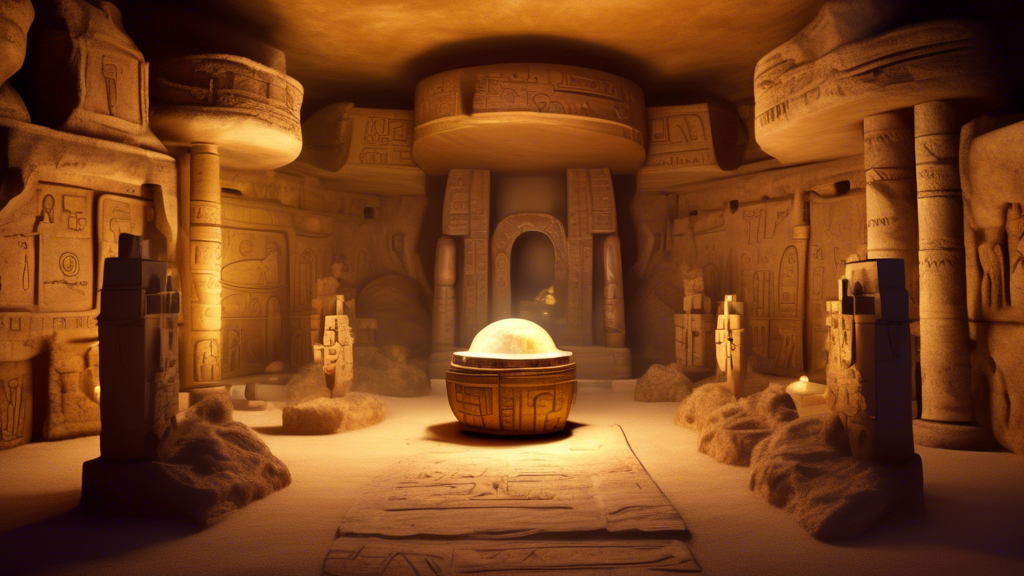
Mysterious Discovery: ‘Holy Grail’ Unearthed in Sealed Room Beneath ‘Indiana Jones’ Film Location
Location and Context
The recent archaeological discovery at the ancient city of Petra in Jordan has captured the attention of historians and enthusiasts alike. Specifically located beneath the renowned structure of Al-Khazneh, commonly referred to as the Treasury, this site was famously depicted in the 1989 film Indiana Jones and the Last Crusade as the resting place of the Holy Grail.
Discovery Details
A team of archaeologists, spearheaded by Dr. Pearce Paul Creasman from the American Center of Research, utilized advanced technologies including ground-penetrating radar to uncover a hidden tomb that had long evaded discovery. The sealed chamber contained the skeletal remains of 12 individuals alongside a diverse array of artifacts, predominantly items crafted from bronze, iron, and ceramic, estimated to be approximately 2,000 years old.
Significant Findings
Among the intriguing artifacts unearthed was a ceramic chalice that bears a remarkable likeness to the Holy Grail as portrayed in the Indiana Jones film. This particular find has been described as a fascinating case of history echoing art, further adding a layer of intrigue to the ongoing narrative surrounding the legendary relic.
Historical Significance
The implications of this tomb and its contents are profound, as researchers anticipate that the excavation will yield invaluable insights into the burial practices and daily lives of the Nabataeans, who thrived in Petra from the 4th century BC until AD 106. In addition, the discovery may help date the Treasury’s construction and provide a deeper understanding of the environmental and living conditions experienced by the region’s ancient inhabitants.
Archaeological Importance
Experts consider this find one of the most significant archaeological discoveries in Petra in the last two centuries. It offers a rare glimpse into the lives of ancient Arabian nomads and raises the potential for further significant discoveries at the Treasury site. Such investigations promise to illuminate enduring questions about both the structure itself and the Nabataean civilization as a whole.
Conclusion
This extraordinary discovery beneath the iconic Treasury not only captivates the imagination but also represents a pivotal moment in archaeology, bridging the gap between ancient history and modern-day explorers’ quests, reminiscent of cinematic adventures. As the excavation continues, the world watches with keen interest, eager to uncover more secrets buried beneath the sands of time.
